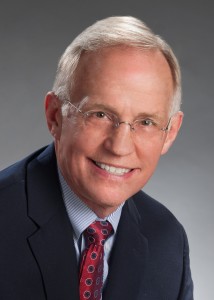A “Curator” is defined as a keeper or custodian of a museum or other collection. Leaders are keepers of organizational culture. Culture is described in a collection of value statements articulating how people agree to work together to accomplish strategic outcomes. Culture is the ideal. Climate is the reality of how close an individual, team, or organization comes to living out that ideal. Leaders drive culture. Followers shape climate. Any gap between culture and climate is the task of leadership. There is always a gap.
Seven Responsibilities of Curating Leaders
- Declare Your Culture. Announce the value ideas that describe the ideal.
- Define Your Values. Explain each idea in detail. The greater the clarity, the less confusion in understanding and application.
- Illustrate the Behaviors. Create a word picture of what each value looks like when applied in work life.
- Model the Behaviors. The consistency of your attitudes, words, and behaviors will reinforce the commitment to culture.
- Expect the Behaviors. Include the vision of your culture as part of the onboarding at every level of employment.
- Measure the Accountability. Provide immediate feedback when the ideal/real gap widens for any team member.
- Reward the Successes. Celebrate the examples of when the culture story represents the heart of your corporate identity.
Leadership Debrief
Culture is your reputation in the marketplace of your customer and competition. The commitment to close the ideal/real gap is how your leadership effectiveness is perceived by every team member. As the curator/leader, is it time for some gap closing?
ABOUT THE AUTHOR:
Dr. Dick Daniels is Vice President, Consulting Services and an ICF Certified Executive Coach with Right Management’s Florida/Caribbean Region. Dr. Daniels offers Right Management’s clients more than 17 years of leadership development consulting and executive coaching with C-Suite leaders. As a leadership architect he designs customized leadership development frameworks and systems to align emerging, mid-level and senior level leaders with strategic business objectives. As business strategist, coach, adjunct professor, and awarded author, he is a proven resource for shaping a results-focused leadership culture within the unique priorities of each organization.


